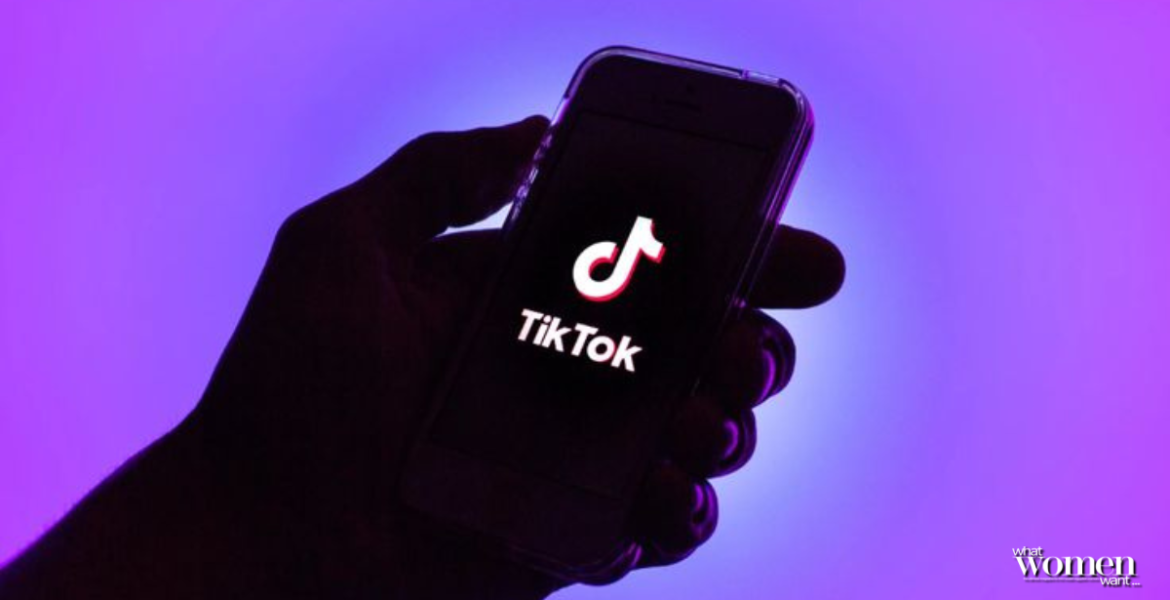TikTok recently blocked the search term #SkinnyTok, which was linked to content that promotes unhealthy weight loss behavior. The hashtag had more than half a million posts, many glamorizing eating disorders. After the European Union raised concerns over its impact on public health, TikTok responded.
Now, when users search the hashtag, they’re met with a message that reads: “It’s important to know that help is out there and you are not alone.” They’re also directed to resources from the National Alliance for Eating Disorders, including emergency support numbers and guides.
The thin ideal is a concept that has been etched into the brains of women for years. Society places this expectation on women to look very thin and conceal any “imperfections” with makeup. The media has also played a role in cementing this ideal. Whether you watch a movie or scroll on social media, you will come out with the same message – if you want to be happy, successful and loved, you need to be thin.
Further Action Needed
While this step by TikTok is finally one in the right direction, it is not enough. Even if this hashtag has been banned, people bypass the community guidelines by replacing certain letters with symbols.
TikTok needs to take more action towards removing filters that “beautify” appearance. These filters remove acne or wrinkles. In addition to filters like the Attractiveness Scale that judge users’ appearance.
Social Media
There are 5.24 billion people worldwide using social media. Each one of these people spends countless hours scrolling through photoshopped photos and filtered pictures, which can lead to comparison and negative self-perception. To highlight how damaging it is, a phenomenon called ‘snapchat dysmorphia’ has emerged in which people seek surgical consult in order to appear as their filtered selves in real life.
What has further contributed to this negative self-perception is TikTok filters. One filter called The Attractiveness Scale gives people a score from 0 to 10. This filter compares their faces to the most attractive celebrities. TikTok has taken the saying beauty is in the eye of the beholder too far by thinking it has the right to judge people.
People’s Own Attitudes
While we must continue to work towards removing these hashtags and filters, they are like vines. When you cut one, thousands appear in its place. The media will continue to portray the thin ideal, but what we can change is our response. Many people are using social media to fight back against the ideal by posting self-love content as well as creating communities in which people fighting eating disorders or body dysmorphia can champion each other.
We must continue to educate the younger generations that most of the content they see on social media is not real, and that they shine the brightest in their natural, unfiltered state.

